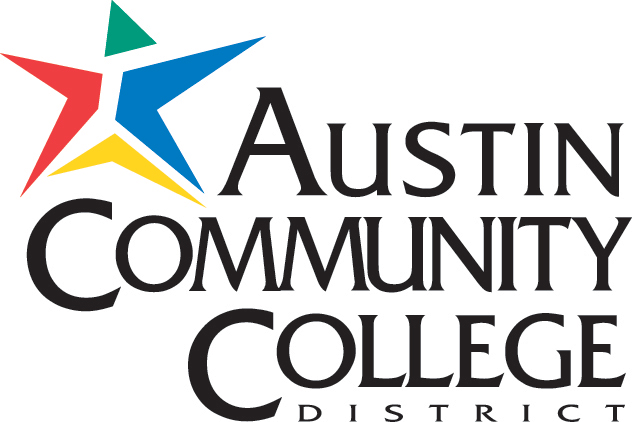
 |
Guidelines/Procedures |
| Subject: | Mentoring |
| Guideline/Procedure for AR#: |
|
|
| Date Effective: | 02/24/2000; amended 11/03/06 |
The purpose of these guidelines is to ensure that ACC mentors are outstanding faculty members who serve as effective resources and positive role models for new faculty.
Definition and Philosophy:
The classic definition of a mentor is a wise and trusted counselor or teacher. ACC mentors are selected in order to acquaint new faculty with ACC as an institution and to provide valuable information concerning the discipline in which they are teaching. In addition, they pass on to new faculty the teaching wisdom they have acquired over the years. Mentors do not serve as evaluators or judges of new faculty. Instead, they offer an insider’s guidance and insights.
Supervisors should not serve as official (paid) mentors to those they supervise. A mentor must function as an individual who does not judge, does not evaluate, and does not make employment decisions for that new faculty member. Mentors serve for the good of their discipline, for the good of their colleagues, and for the good of ACC students.
Procedure
Mentor Criteria:
1. Faculty selected as mentors must have been employed at ACC (either full-time or adjunct) for at least three years, and must have received overall evaluation ratings of very good or excellent for the previous three years.
2. Faculty must complete Mentoring Orientation every three years to stay on the Current Mentor List maintained by Professional Development and Evaluation Programs.
3. Faculty must be willing to spend approximately ten hours per semester as a mentor to new faculty.
4. Faculty must be willing to serve as a resource and positive role model for new faculty.
5. Faculty may not be a supervisor to their mentees. Exceptions to this requirement may be granted by the appropriate Dean.
Mentors should be assigned no more than three mentees per semester. Exceptions to this requirement may be granted by the appropriate Dean. A written authorization from the Dean must be sent to Professional Development and Evaluation Programs when exceptions are granted.
Stipends are awarded to mentors for each mentee upon the successful completion of the actions in the Mentor and Mentee Checklists. The stipend will be authorized once these completed checklists are received by Professional Development and Evaluation Programs.
Mentor Appointments:
1. Before the semester starts, Department Chairs will identify new faculty and match them with mentors from the current Mentor List. This list includes all faculty who have completed the Mentoring Orientation within the last three years.
2. Any faculty member selected to be a mentor must complete the Mentoring Orientation if they have not done so in the last three years. Orientations are offered online. Additional resources for mentors can be found on the Professional Development Web site.
3. Both the Mentor and the Mentee must complete and sign the Mentor Assignment Form. Department Chairs ensure that the Mentor Assignment Form is completed and returned to Professional Development and Evaluation Programs.
4. Mentors are expected to initiate contact with their mentees prior to the start of the semester to exchange contact information, plan mentoring activities, provide feedback on the mentee’s course syllabus and first day handouts, and discuss possible teaching tools and techniques.
5. Mentors are expected to meet with their mentees early in the semester to discuss student retention strategies, test construction tips and strategies, classroom management issues, and to arrange a visit to the mentee’s class.
6. Mentors are expected to meet with their mentees about the middle of the semester to discuss classroom successes or difficulties, to review the student evaluation and faculty evaluation processes, and to observe the mentee’s class.
7. Toward the end of the semester mentors are expected to have a final meeting with their mentees to discuss grading policies and procedures.
Although mentors are paid a stipend of $200 based upon ten hours of mentoring, that stipend only partially indicates the importance and value of the mentoring experience. For the most part, mentors serve for the good of their discipline, for the good of their colleagues, and for the good of ACC students. The stipend is a concrete way to show gratitude for this service.
| President/CEO: | Stephen B. Kinslow | Date: | 07/16/07 |